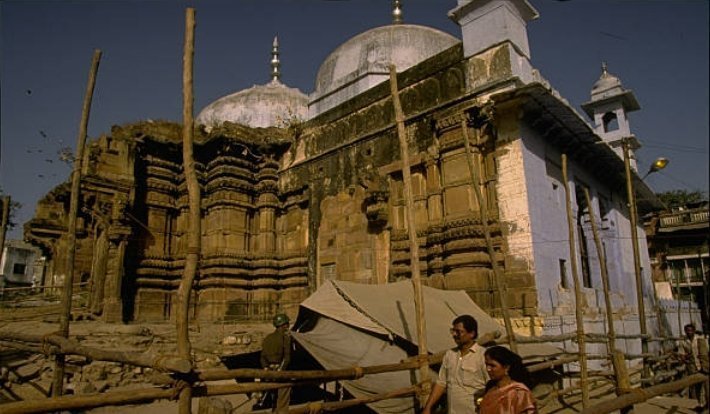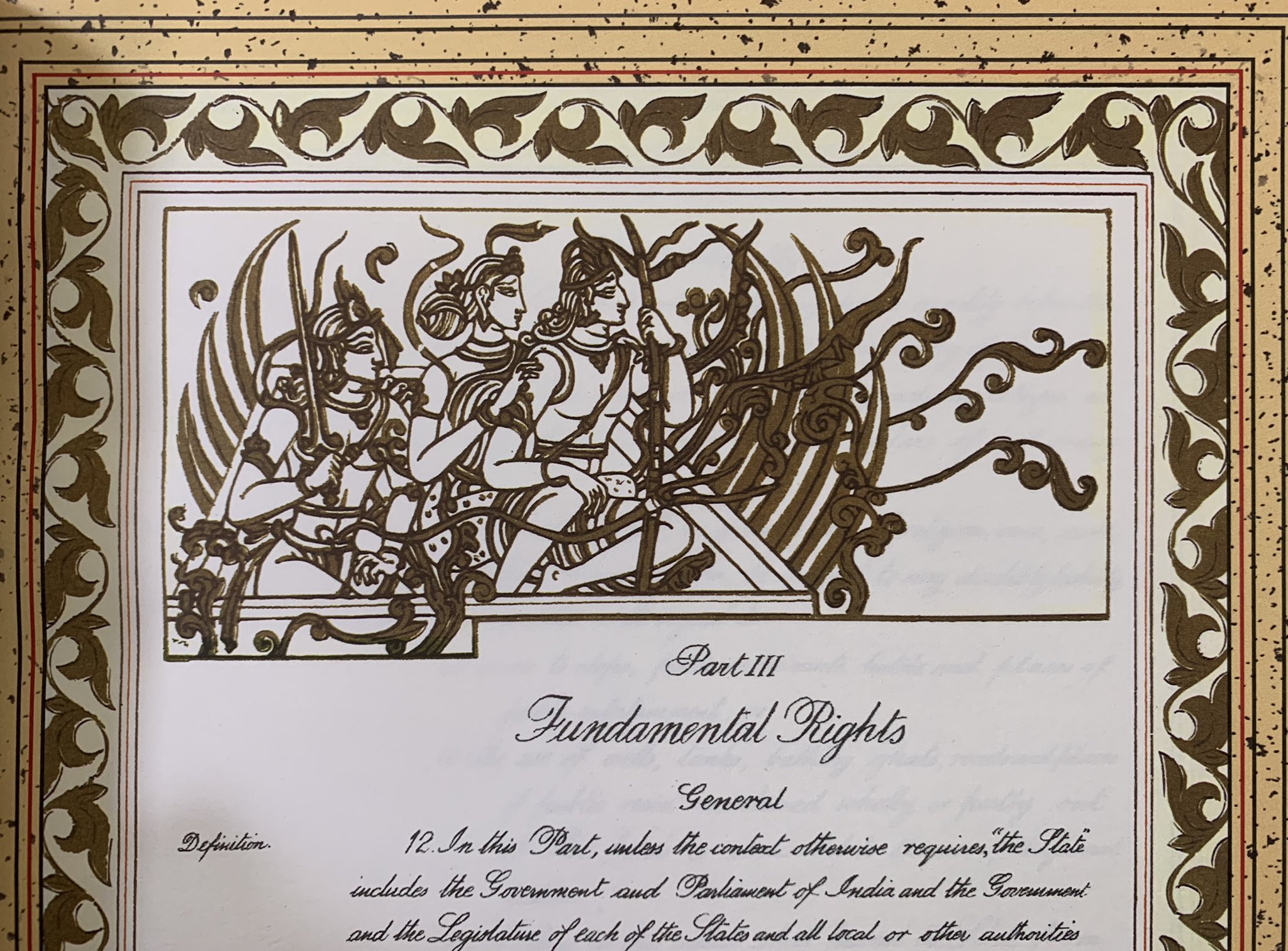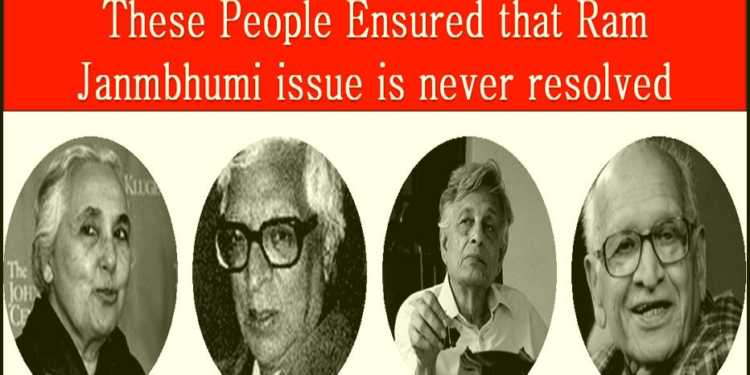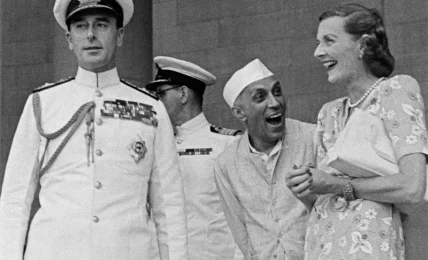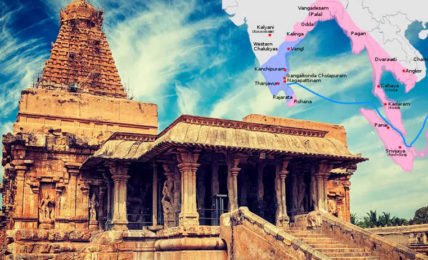Why Hindu Parents Should Shed Reluctance And Teach Children About Their Brutal History
The current generation of Hindus is a one which has been denied it's history. While the education system is to blame, parents need to shoulder a big chunk of it. And that needs urgent fixing.
